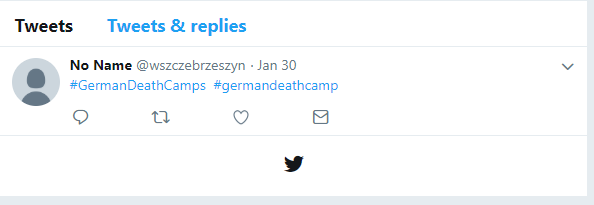Fenix
Arcane

We have a very productive department lead (adderall).
She just killing herself. Why to live like that?

We have a very productive department lead (adderall).
Yeah Chris' stories remind me of my current position as a low level wage slave that managers slightly lower level wage slaves. My married department director screwed one of his employees, got her pregnant, and just did a quick divorce/remarry and noone batted an eye. We have a very productive department lead (adderall). Management loves her productivity. Her three/four day "vacations" to sleep it off are well hidden and unnoticed. We make a livable wage and have no prospects anywhere else (unless we move out of state) so noone ever complains.
Unionize

In Atlantic City?
Yeah Chris' stories remind me of my current position as a low level wage slave that managers slightly lower level wage slaves. My married department director screwed one of his employees, got her pregnant, and just did a quick divorce/remarry and noone batted an eye. We have a very productive department lead (adderall). Management loves her productivity. Her three/four day "vacations" to sleep it off are well hidden and unnoticed. We make a livable wage and have no prospects anywhere else (unless we move out of state) so noone ever complains.
Unionize
In Atlantic City? Hah! He doesn’t need a union, he needs to move to a town that isn’t dying. One hour north or south and there will be tons of work opportunities. I’m Mr. Organized Labor, but even the unionized casino workers in AC are fucked because they’re fighting for a share of a shrinking pie. Plus, unions in casino towns are easily coopted by organized crime.
There is power in a union, but sometimes there’s more power in a u-haul.
Edit: never thought I’d tell someone, “you should move to Philadelphia to find work,” but we live in strange times.
In Atlantic City?
Everywhere - and this is impossible (more likele useless) with high mobility of workforce and with a habit to work year or two in one place only.
Hi Chris!It's one of the reasons I wanted to work with Ken Levine, and I haven't been disappointed - I think he's a great writer.
That was me: https://twitter.com/wszczebrzeszyn/status/993335595119337473

Agree komret, the peasants should be compelled, one way or another, to remain in once place performing their state-assigned work for a minimum of two or three decades in order to ensure "stability." Besides, turnip and potato shop same everywhere, why need move to different frozen concrete shithole in glorious Soviet Russia?

Chris Avellone I am not in game dev but your experiences remind me so much of my current workplace it's painful to read. Thank you for posting your story; because of you I am finally going to take the step of looking for a way out of this dump. No one deserves to be treated like this.

Unionize

what's wrong with the first one?

Related to this, even Obsidian's owners have an exit strategy - the way they have it structured, they'll likely try to sell the core company, but keep Dark Rock Industries (their side company) to themselves, since Dark Rock is what actually owns the rights to Pillars of Eternity (and likely other new IPs they develop).
Unionize
That has been brought up quite a bit, and with some of the working conditions in the industry, it definitely bears examination.

He did call Bethesda "petty" for the Metacritic thing, which is very amusing considering the stuff MCA has revealed.
He did call Bethesda "petty" for the Metacritic thing, which is very amusing considering the stuff MCA has revealed.
Where did he say that again? (I can't find a reference, but Feargus said a lot over the years.)
If it's in a video, just let me know (I don't need the time stamp, I can just listen to it).



Kinda makes sense, considering a bunch of the budget and focus had to go to the development of the Onyx engine.
Question: you were the lead writer on Aliens for about a year (I think) before leaving to become the lead designer on Alpha Protocol due to its mismanagement. Was it hard for you to leave your work like that?
That was me: https://twitter.com/wszczebrzeszyn/status/993335595119337473
Have to take credit for it since you've liked my tweet. I've had a different twitter account but I've been blocked from using it because I've been "politically incorrect" (as in I've called this man an idiot for calling whites idiots[/url. When nigger does it it's no problem).

Allegedly the petty comment is somewhere in here


Chris, does this dialogue mean anything to you?








